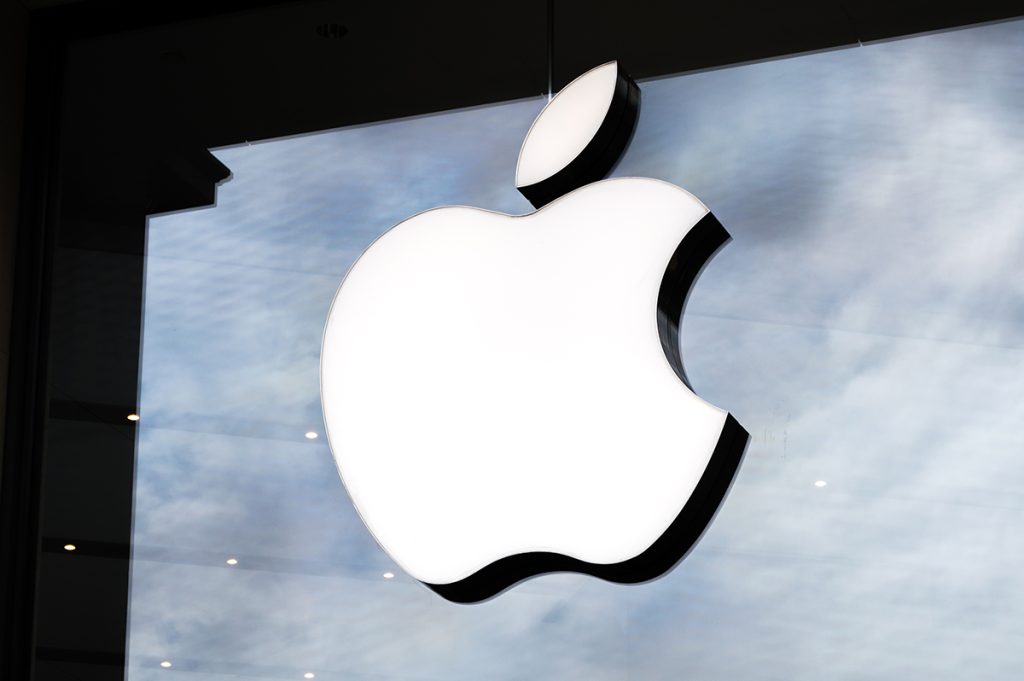In an ambitious move to revitalize iPhone sales in China, Apple is gearing up to introduce cutting-edge AI features, including a limited role for OpenAI’s ChatGPT in conjunction with Siri. However, the tech giant encounters a significant hurdle as ChatGPT is currently banned in China, presenting a complex challenge in one of its largest markets.
During a recent presentation, Apple unveiled its proprietary technology, Apple Intelligence, set to enhance Siri’s capabilities with AI. This development came as part of Apple’s strategy to incorporate the viral ChatGPT tool to assist Siri in handling more complex queries. Such integration is part of Apple’s broader effort to match the pace of AI advancements achieved by competitors like Microsoft, Google, Meta, and Samsung.
Despite these innovations, Apple faces stringent regulatory challenges in China, one of the first countries to impose regulations on generative AI technology. The Cyberspace Administration of China mandates that companies seek governmental approval before deploying such technologies. To date, the regulatory body has approved AI models exclusively from Chinese companies, adding an extra layer of complexity for foreign tech firms like Apple.
The situation is pressing as Apple has yet to secure a partnership with a Chinese AI company. With the iPhone’s anticipated launch in September looming, the clock is ticking for Apple to find a solution. The urgency is underscored by a notable 10% decline in Apple’s smartphone sales in the first quarter of the year, largely due to decreased demand in China. This market downturn is attributed to a mix of rising nationalism, economic difficulties, and fierce local competition, notably from Huawei, which saw a staggering 70% growth in smartphone sales in the same period.
Chinese consumers, accustomed to the latest in technology, might hesitate to invest in a premium phone lacking the full suite of AI features, especially when competitors are offering advanced technologies at similar or lower prices. The expectation is that premium phones should not only function excellently but also come equipped with the latest AI capabilities.
In the long run, Apple plans to expand the capabilities of Apple Intelligence, aiming to add more language support and integrate other local AI models to provide services similar to those offered by ChatGPT. This evolution could potentially fulfill local consumer expectations and solidify Apple’s presence in the Chinese market.
Additionally, the integration of AI technologies that cater specifically to Chinese users, such as supporting local dialects, could give Apple an edge. These functionalities are particularly appealing as they are more finely tuned to the needs of the local populace than the current foreign AI models.
Apple’s efforts to navigate the Chinese regulatory environment are not without precedent. Samsung has already established partnerships with Chinese tech giants like Baidu to use local AI models for specific functionalities, despite having a minimal market share in China. This strategy enables Samsung to comply with local regulations while still offering innovative features to its users.
As the September deadline approaches, industry experts are optimistic about Apple’s ability to secure a necessary partnership. Such an alliance would not only comply with Chinese regulations but also position Apple as a key AI player in the market, potentially recovering and expanding its consumer base in China.
Apple’s journey in China represents a delicate balancing act between innovation and compliance. As the company navigates through regulatory challenges and competitive pressures, its decisions in the coming months will be crucial in defining its future in the world’s most populous smartphone market.


